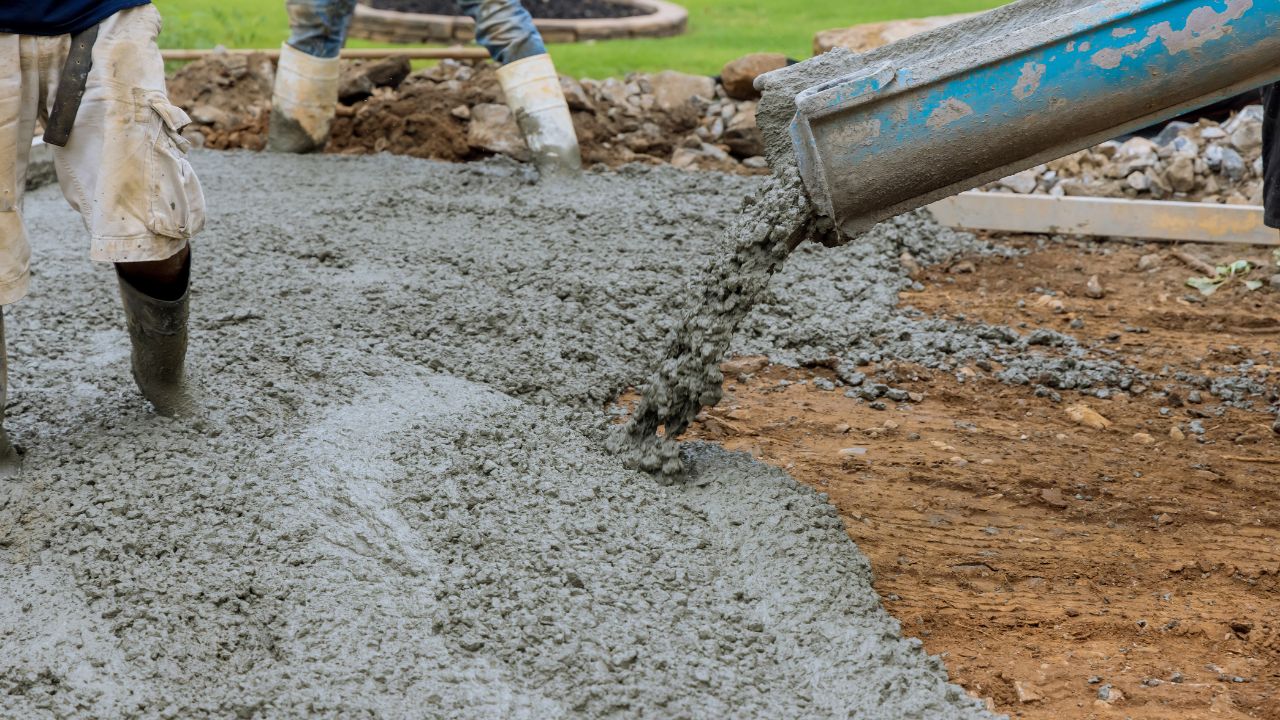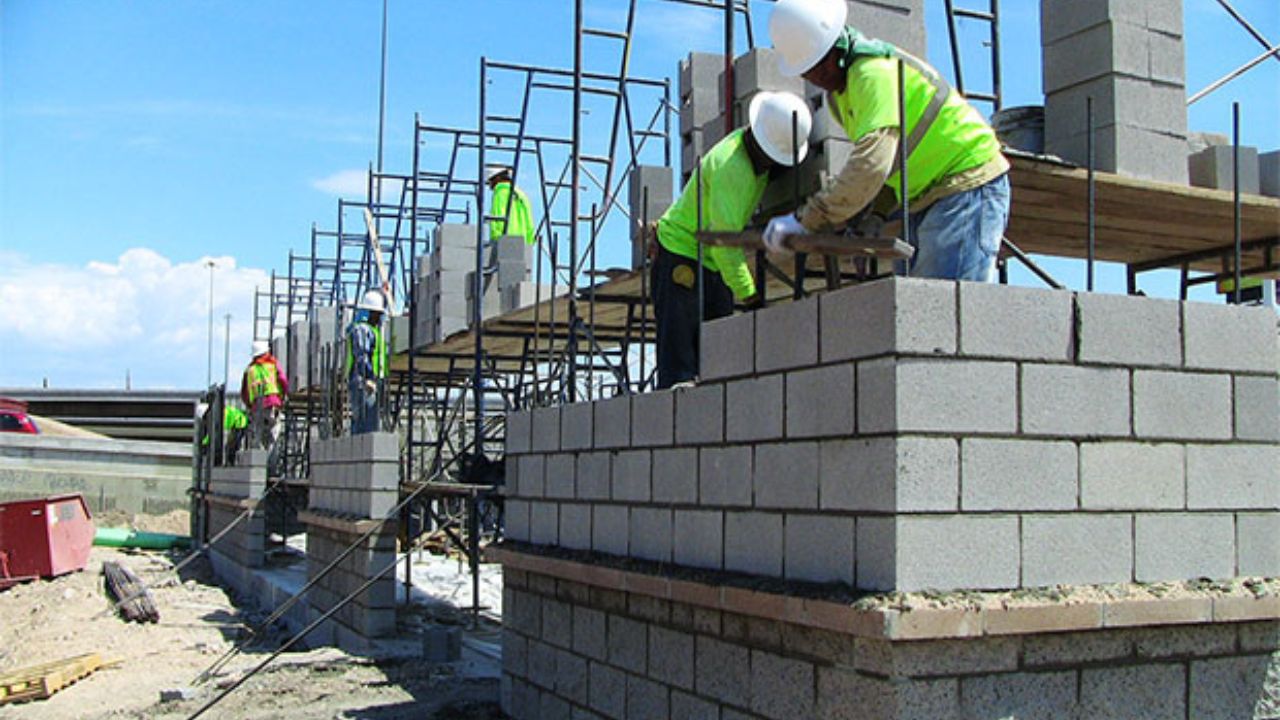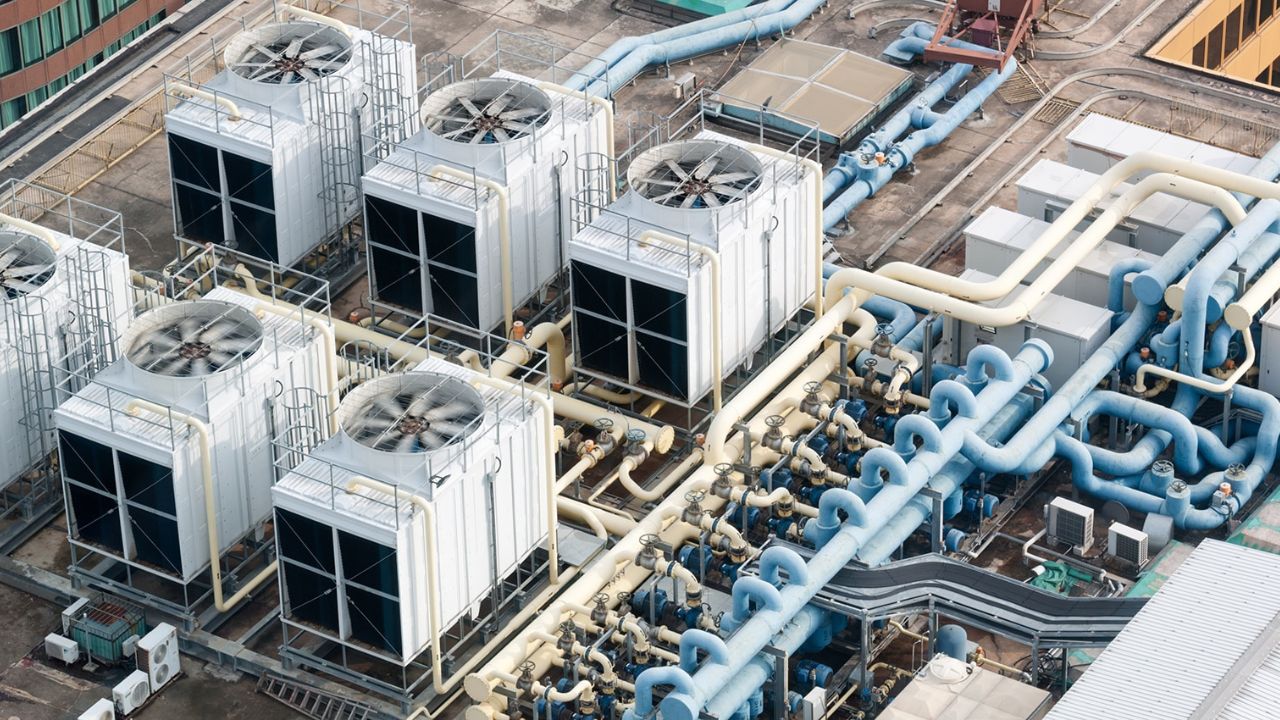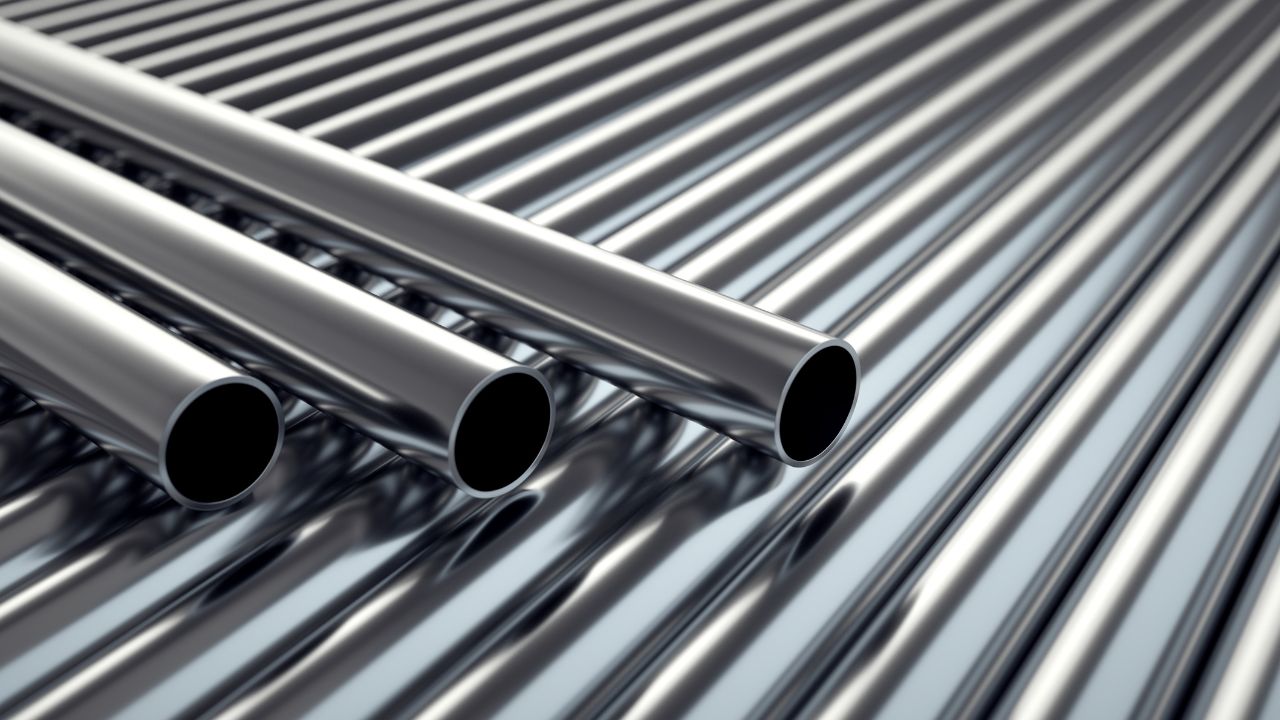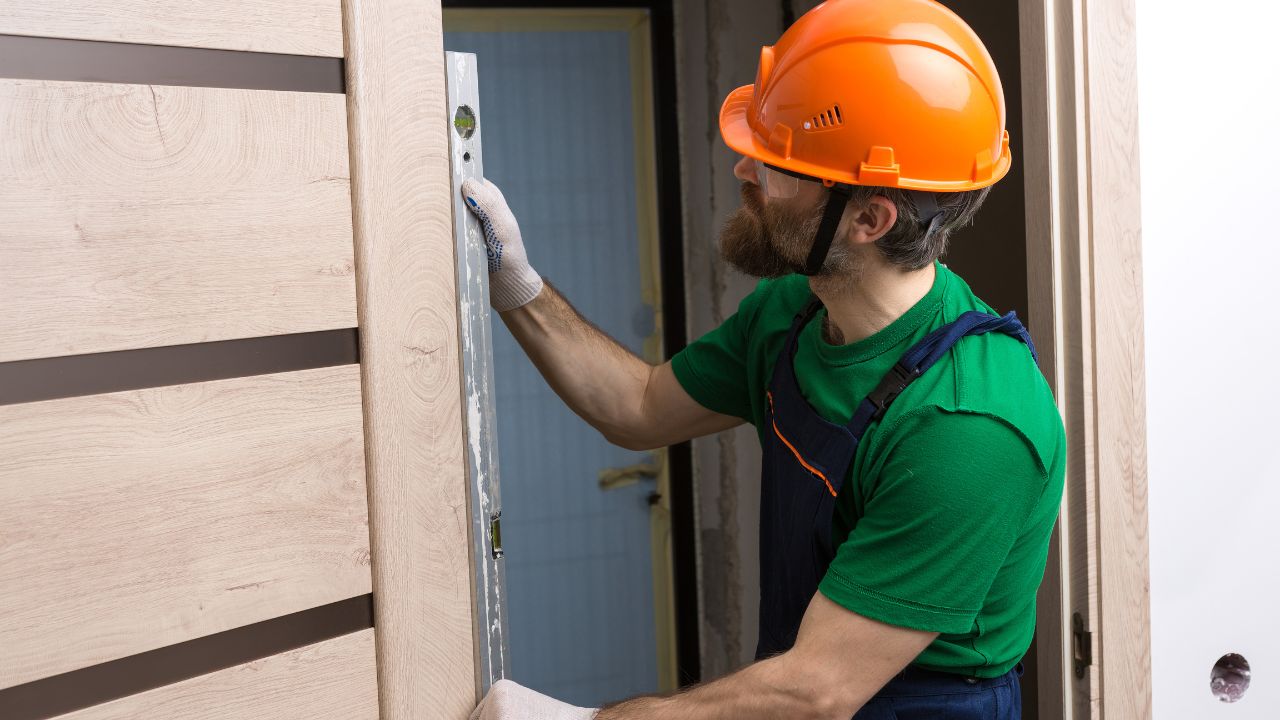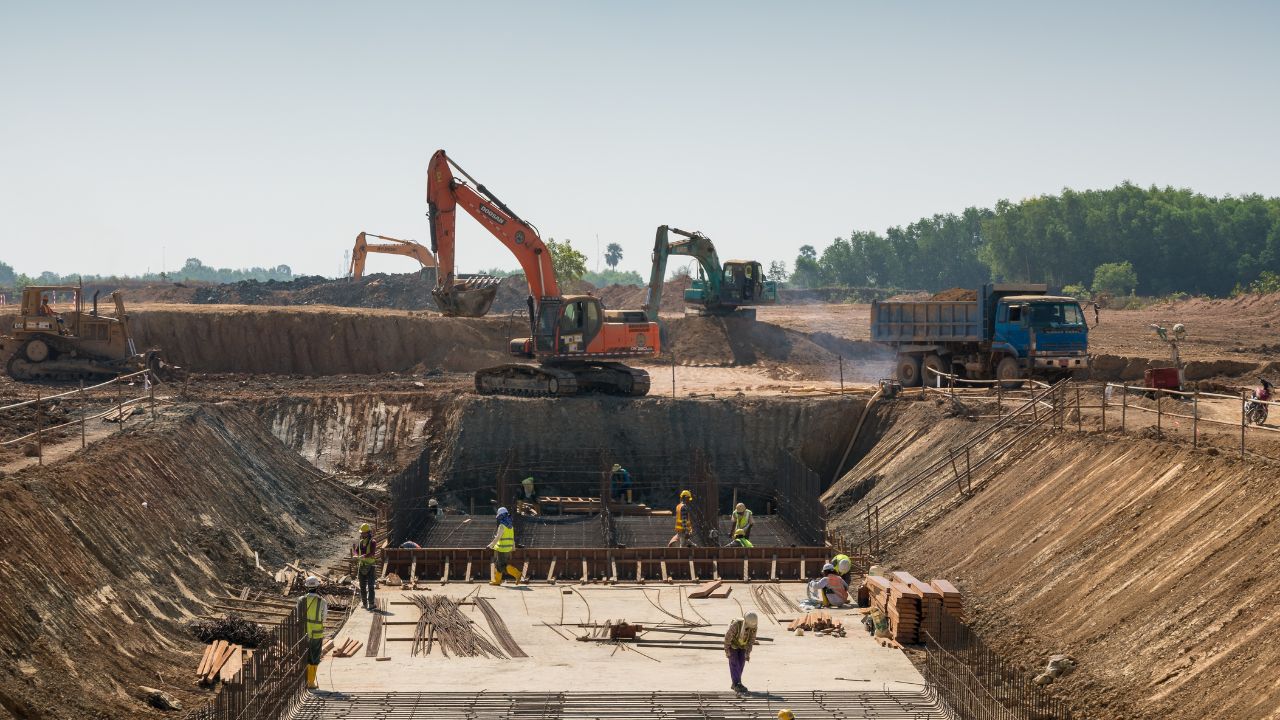- Homepage
- How to Choose the Right Construction Materials for Your Project?
How to Choose the Right Construction Materials for Your Project?
Leading provider of construction materials services
Choosing the right construction materials is one of the most crucial decisions in any building project. Whether you’re constructing a new home, a commercial property, or renovating an existing structure, the materials you select determine the durability, cost, energy efficiency, and long-term performance of your project. At Estimate Florida Consulting, we help contractors, developers, and homeowners make smart material decisions that align with their project goals, budget, and sustainability standards.
In this detailed guide, we’ll walk you through how to choose the right construction materials for your project—from understanding your requirements and comparing material types to considering cost, location, and environmental impact.
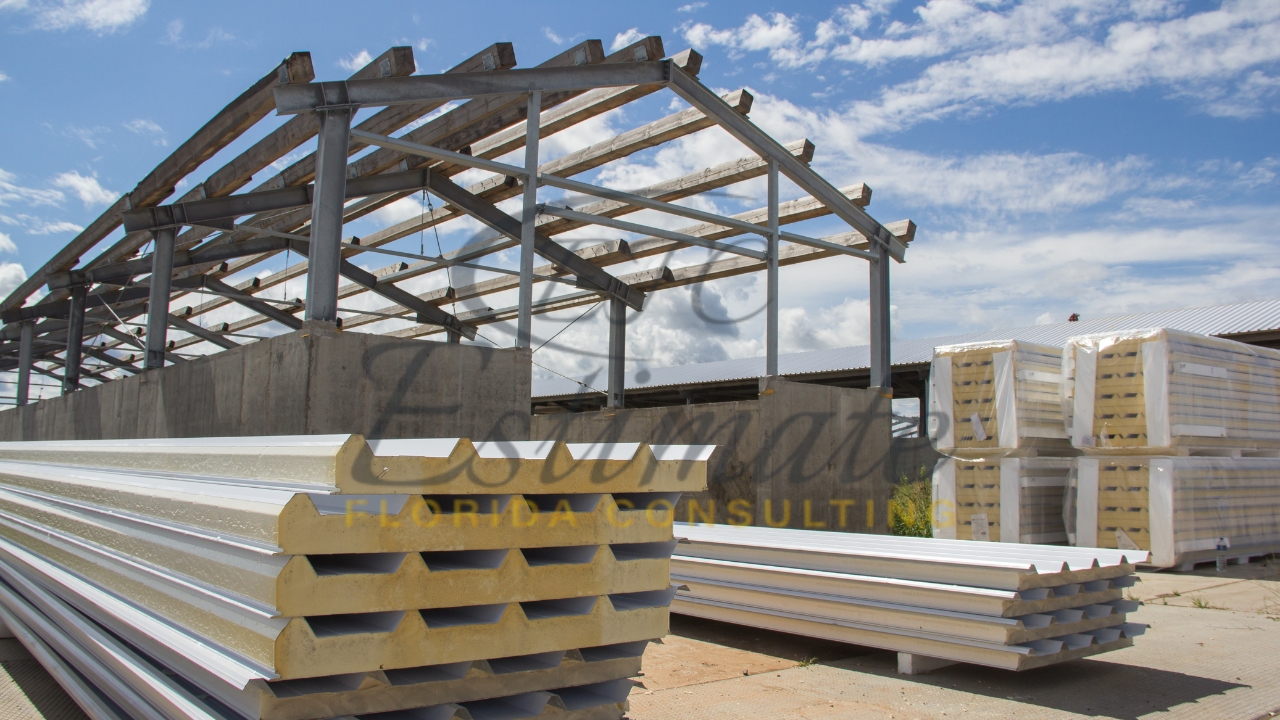
1. Understanding the Purpose of Your Project
Before selecting materials, start by clearly defining the purpose and scope of your construction project. The type of structure you’re building has a direct impact on the materials you’ll need. For example, a commercial building may require fire-resistant materials, while a residential home may focus more on comfort and aesthetics.
Ask yourself questions like:
- What type of structure am I building (residential, commercial, or industrial)?
- What are the expected loads and environmental conditions?
- Do I need the building to be energy-efficient or low-maintenance?
When you have a clear understanding of your project’s function, you can better determine which materials meet both your technical and aesthetic needs. For instance, if your goal is a long-lasting, low-maintenance design, concrete, steel, and brick may be your best options. On the other hand, if you’re looking for a more natural and warm feel, wood and stone might be ideal.
2. Analyze Structural Requirements
Each building component serves a specific structural purpose, and material selection should reflect that. The foundation, walls, roof, and flooring all require different materials with unique strength and durability levels.
- Foundation Materials: Concrete and reinforced steel are the most reliable for foundations. They provide the compressive and tensile strength necessary to withstand heavy loads and shifting soil conditions.
- Wall Materials: Masonry blocks, bricks, and concrete offer durability and fire resistance, while lightweight options like gypsum and drywall are suitable for interior partitions.
- Roofing Materials: Depending on your region’s climate, materials like asphalt shingles, metal sheets, or clay tiles may be more appropriate.
- Flooring Materials: Options like ceramic tiles, vinyl, hardwood, and polished concrete depend on design preferences and durability needs.
Understanding how each structural element functions ensures you choose materials that can handle the stress, load, and environmental exposure associated with their placement.
Get High-Quality 3D Rendering Services Today!
Transform your space with stunning 3D Rendering that blends style, comfort, and functionality.
We Specialize in Both Residential and Commercial 3D Rendering Projects.
- Luxury Villas
- Apartment Complexes
- Home
- Condominium
- Office Buildings
- Shopping Malls
- Hospitals
- Hotels & Resorts
3. Consider Environmental and Climatic Conditions
Florida’s unique climate—with its high humidity, heavy rainfall, and hurricane threats—requires construction materials that can withstand moisture, heat, and wind pressure.
When selecting materials, always consider:
- Moisture Resistance: Materials like treated wood, fiber cement siding, and moisture-resistant drywall prevent mold and decay in humid conditions.
- Thermal Performance: Reflective roofing materials and insulation reduce heat transfer, keeping interiors cool and energy bills low.
- Wind Resistance: Reinforced concrete, steel framing, and impact-resistant windows are essential for withstanding Florida’s hurricane-prone weather.
Your project’s geographical location should always guide your material selection. Choosing climate-appropriate materials helps improve energy efficiency and reduces long-term maintenance costs.
4. Evaluate Material Durability and Lifespan
Durability is a key factor in any construction project. You want materials that can stand the test of time and require minimal maintenance. The lifespan of materials directly affects your return on investment (ROI), as durable materials lower repair and replacement costs over time.
For example:
- Concrete and steel have lifespans of 50–100 years, making them ideal for long-term structural integrity.
- Brick and stone can last over a century with minimal maintenance.
- Wood, while aesthetically pleasing, may need more frequent maintenance to prevent termite or water damage.
Always balance aesthetics with performance. A material that looks appealing but deteriorates quickly may end up costing you more in the long run.
5. Energy Efficiency and Sustainability
In modern construction, sustainability is no longer optional—it’s essential. Energy-efficient materials not only reduce your carbon footprint but also help lower operational costs over the building’s lifetime.
Some sustainable choices include:
- Insulated Concrete Forms (ICFs) for better energy retention.
- Recycled steel and reclaimed wood for eco-friendly construction.
- Cool roofing materials that reflect sunlight and reduce cooling costs.
- Low-VOC paints and finishes for healthier indoor air quality.
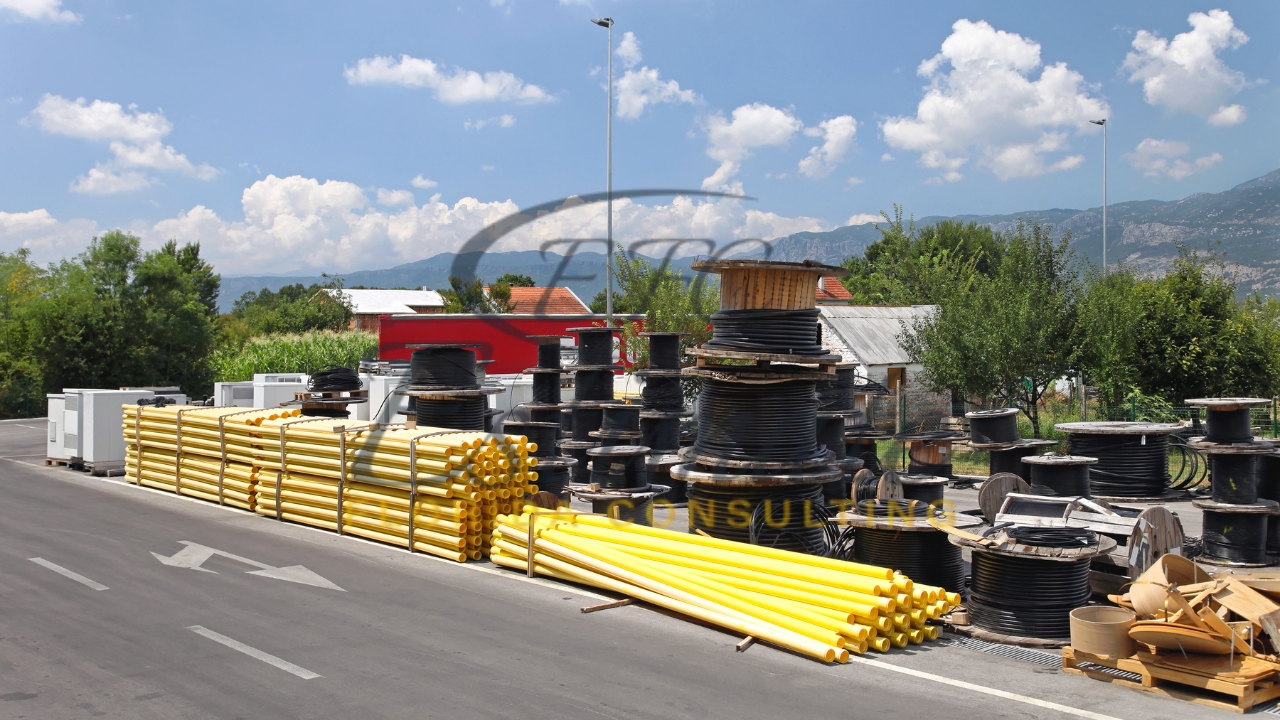
Using sustainable materials also increases your project’s value and may qualify you for green building certifications such as LEED. At Estimate Florida Consulting, we often guide our clients to cost-effective sustainable alternatives that enhance both performance and environmental impact.
6. Balance Cost with Quality
While it’s tempting to choose the lowest-priced materials to stay within budget, cheaper options often compromise quality and longevity. Instead, focus on achieving a balance between cost and durability.
To make informed decisions, consider the following:
- Initial Cost vs. Long-Term Savings: Some materials may cost more upfront but save money over time due to lower maintenance and higher energy efficiency.
- Availability: Locally available materials often cost less and reduce transportation expenses.
- Replacement Costs: Durable materials might be more expensive initially but require fewer replacements.
At Estimate Florida Consulting, we help clients compare cost estimates across material options, ensuring the best value without sacrificing quality or safety.
7. Consider Aesthetic Appeal
The visual appearance of your project is just as important as its structure. The right materials can define the character, style, and atmosphere of a building. Whether you’re going for a modern, traditional, or industrial look, each material contributes to the building’s overall design language.
For example:
- Wood provides warmth and natural texture, making it ideal for interiors and facades.
- Glass and steel create sleek, modern aesthetics for commercial buildings.
- Stone and brick offer timeless elegance and rustic charm.
Selecting materials that align with your design vision ensures that the final structure reflects both functionality and beauty.
Want to Start Your Project with the Best Contractors?
Let’s Take Your Projects to the Next Level.
& What's you will get:
- Connecting You to Top Local Contractors
- Professional Consulting, Contractors Near You
- From Expert Advice to Local Contractor Connections
Contact Now
Let's discuss with a cup of coffee
8. Maintenance and Repair Considerations
When choosing materials, think about how easy they are to maintain. Some materials may look great initially but require regular upkeep, while others stay durable with minimal attention.
- Low-Maintenance Materials: Concrete, metal, and vinyl are known for their durability and minimal upkeep.
- High-Maintenance Materials: Natural wood, marble, and certain paints may need frequent sealing or refinishing.
Always factor in long-term maintenance costs when making your selection. A slightly higher upfront investment in durable materials can save significant money and effort over the lifespan of the building.
9. Compliance with Building Codes and Standards
Every region has specific building codes that regulate the use of materials for safety, fire resistance, and structural strength. It’s essential to ensure all materials comply with Florida’s construction codes, especially for hurricane and flood-prone zones.
Working with an experienced estimator or consultant ensures that all your materials are approved and compliant with local standards, preventing costly delays or penalties during inspection.
10. Consult with an Expert Estimator
Choosing the right materials isn’t just about selecting what looks good or fits your budget—it requires professional insight into engineering performance, cost analysis, and long-term value. Consulting with an expert like Estimate Florida Consulting ensures you make informed decisions backed by data and industry expertise.
We provide detailed material cost estimation, value engineering, and comparative analysis to help clients achieve the perfect balance between quality, cost, and sustainability. Our approach ensures that every material aligns with the design intent, functionality, and overall project budget.
90% More Chances to Win Kitchen Remodeling Bids with Our Estimate!
Conclusion
Choosing the right construction materials is about more than just picking what’s available—it’s about making strategic, informed decisions that ensure your building’s strength, efficiency, and beauty for decades to come. The right materials enhance not only the quality and safety of your structure but also its aesthetic and financial value.
At Estimate Florida Consulting, we specialize in guiding homeowners, contractors, and developers in selecting the most suitable materials for their projects. Our detailed cost analysis and professional consultation services ensure that every project is completed efficiently, economically, and sustainably.
Whether you’re planning a residential home, a commercial facility, or a renovation project, we help you choose materials that deliver both performance and peace of mind.
Frequently Asked Question
Selecting the right construction materials impacts your project’s durability, safety, cost-efficiency, and energy performance. The right materials ensure structural strength, low maintenance, and long-term value for both residential and commercial buildings.
You should consider factors like project purpose, local climate, load requirements, energy efficiency, sustainability, and long-term maintenance. Balancing cost, performance, and aesthetics is essential for achieving a successful outcome.
Environmental factors such as humidity, temperature, and wind pressure play a major role. For example, in Florida, moisture-resistant materials like treated wood, fiber cement, and reinforced concrete are ideal due to the humid and hurricane-prone climate.
Concrete, steel, and brick are among the most durable materials for long-term structural integrity. Stone and metal also offer excellent resistance to weathering, while treated wood provides a balance of aesthetics and performance for certain applications.
Choose materials with high thermal resistance, recycled content, and low environmental impact—such as insulated concrete forms, cool roofing materials, and reclaimed wood. These help reduce energy costs and support sustainable building certifications like LEED.
Comprehensive Trade-Specific Estimates
At Estimate Florida Consulting, we offer detailed cost estimates across all major trades, ensuring no part of your project is overlooked. From the foundation to the finishing touches, our trade-specific estimates provide you with a complete and accurate breakdown of costs for any type of construction project.
Our Simple Process to Get Your Estimate
Upload Plans
Submit your project plans, blueprints, or relevant documents through our online form or via email.
Receive Quotation
We’ll review your project details and send you a quote based on your scope and requirements.
Confirmation
Confirm the details and finalize any adjustments to ensure the estimate meets your project needs.
Get Estimate
Receive your detailed, trade-specific estimate within 1-2 business days, ready for your project execution.



Our Clients & Partners
We pride ourselves on building strong, lasting relationships with our clients and partners across the construction industry.
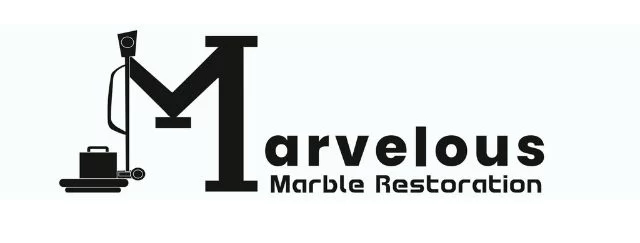

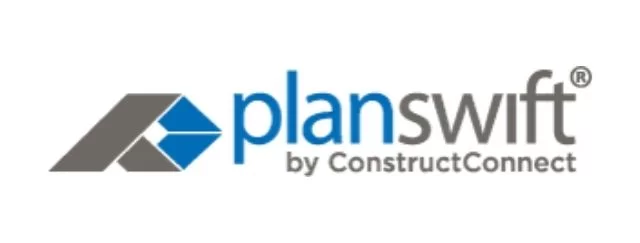


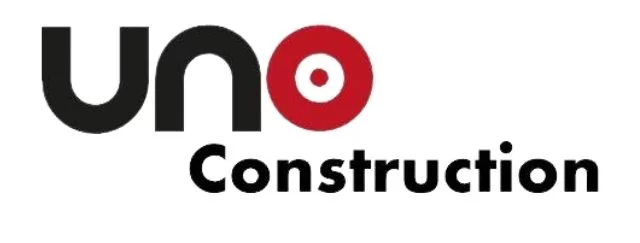
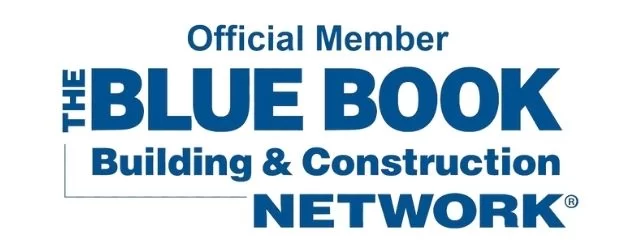

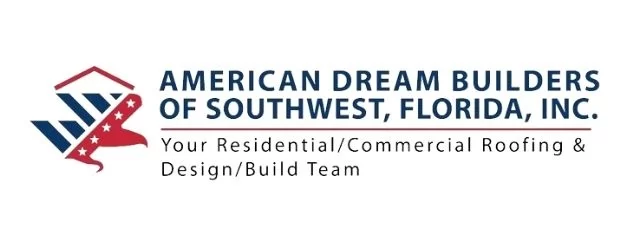


What Our Clients Say?
We take pride in delivering accurate, timely, and reliable estimates that help contractors and builders win more projects. Our clients consistently praise our attention to detail, fast turnaround times, and the positive impact our estimates have on their businesses.
Estimate Florida Consulting has helped us win more bids with their fast and accurate estimates. We trust them for every project!




